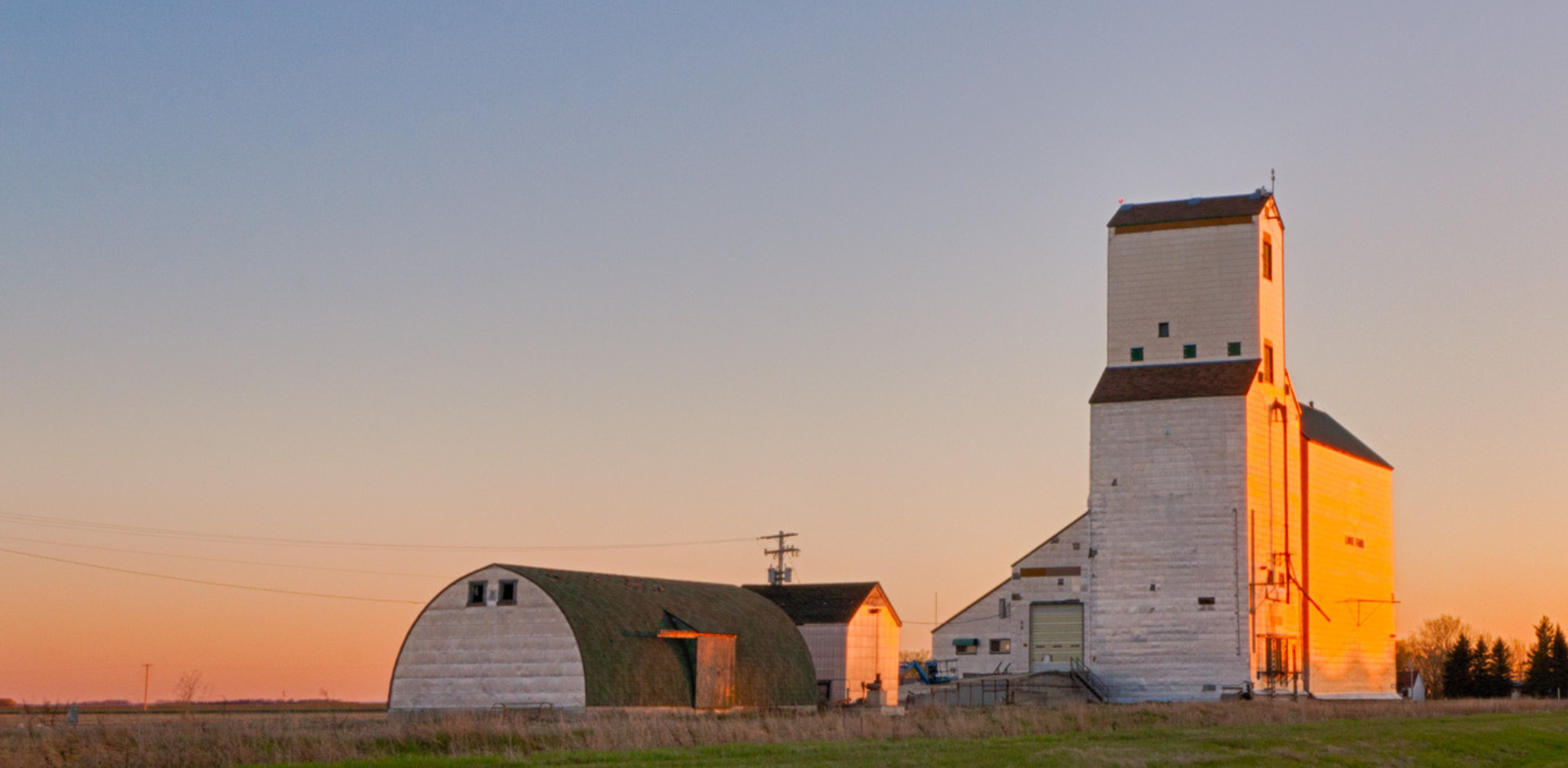BEREZA: April 1st Carbon Tax Hike Will Be Felt Across Every Manitoba Industry and Household

Jeff Bereza, MLA for Portage la Prairie
PC Critic for Agriculture
In just a few days, Manitobans will wake up to a 23% federal carbon tax hike, with support from Premier Wab Kinew and his Manitoba NDP government. From farm to truck to dinner table, the effects of the NDP-Trudeau carbon tax hike on April 1st will be felt by every household and industry in Manitoba.
Let’s start with our pork industry, which contributes more than $2.3 billion a year to the provincial economy and employs more than 22,000 Manitobans.
Manitoba is the largest supplier of hogs in Canada, with 624 farms exporting to over 30 countries. Hog barns are heated by natural gas or propane, and hogs are usually fed soybean meal and corn.
From buying their feed to keeping on the heat, pork producers will be impacted by the 23% carbon tax hike in their barns and at the farm where they grow the crops, as will the companies that dry the grain using natural gas or propane. A soybean crusher paying $150,000 per year in carbon tax today will pay $185,000 starting April 1, which increases the cost of raising a hog in Manitoba.
Can customers of Manitoba pork stomach a 23% increase in prices so that Manitoba producers can break even on the carbon tax? Or, will they just find another supplier who doesn’t have to pay the carbon tax instead?
Either way, the carbon tax hike will cost Manitoba a lot of bacon, and the same equation can be applied to beef, poultry, and just about any products from Manitoba’s agriculture industry.
But it’s not just producers who will be hit by the hike.
Manitoba truckers, who bring most of our goods from the farms and factories to our tables, will bear the burden of the carbon tax hike. Local companies not only haul in Manitoba, but across North America. How can they possibly sustain themselves without passing cost hikes on to customers?
In short, they can’t.
And just like farmers and industry, all Manitobans will be hit with increased food prices, increased fuel costs, and increased heating costs as a result of the carbon tax hike.
When will it end? The carbon tax is set to keep rising until 2030, costing every Manitoban and Canadian more money to live, year by year.
Meanwhile, Wab Kinew has yet to join seven other premiers across party lines in openly calling on Trudeau to scrap his outrageous carbon tax hike on the backs of hardworking Manitoba families. Kinew instead deflects the topic by evoking the temporary gas tax “holiday”. However, the fact is that the 23% hike will bring the carbon tax to $0.17/litre at the pump. Not only does the carbon tax cost more than the provincial gas tax, but unlike the NDP’s temporary stunt, the carbon tax is here to stay.
These fuel costs have an impact on food prices. Kinew promised that the fuel tax pause would drive prices down, but the stats show otherwise as Manitoba food prices are set to rise another 4.5% this year. Despite the NDP premier threatening action in November against grocery chains if savings aren’t passed to consumers, Manitobans haven’t heard a peep about the topic since December.
Manitobans need to know what this premier is doing for long-term affordability, because so far Kinew has proven to be more of a showman making idle promises than a statesman who has plans to take action.
From industry to household, the 23% carbon tax increase is no April Fool’s joke. Manitoba’s premier must stand up to Ottawa and ensure real solutions and real relief for Manitobans.
-30-

Jeff Bereza is the MLA for Portage la Prairie and Progressive Conservative Critic for Agriculture.
For media inquiries, please contact PCCaucus_Media@leg.gov.mb.ca